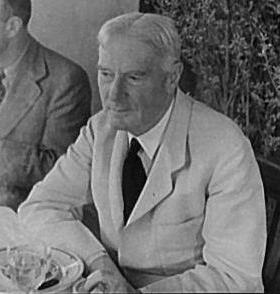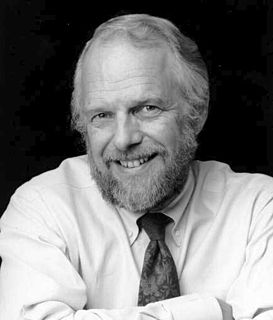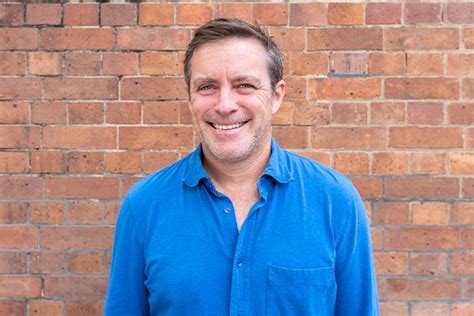A Quote by Norman Douglas
People who have reformed themselves has contributed their full share towards the reformation of their neighbor.
Quote Topics
Related Quotes
When the Reformation became established, one of the things that was a question between Catholicism and the Reformation traditions was whether there was a hierarchy of being. If you look at Thomas Aquinas, for example, you have hierarchies of angels and all the rest of it, and hierarchies even of saints and then subsaints - people who aren't quite there, that sort of thing. The Reformation rejected all of that and created a new metaphysics, in effect, that is not hierarchical.
If you're a progressive, you can find lots of people who call themselves conservatives, but who agree with you on lots of things. There are people who call themselves conservatives, but who love the land as much as any environmentalist. Progressives share a number of common values with people who call themselves conservatives. Barack Obama has understood that very well. What he calls bipartisanship is not adopting conservative views, but finding where people who consider themselves conservatives share with him and other progressives these fundamental American values.
The worst things in history have happened when people stop thinking for themselves, especially when they allow themselves to be influenced by negative people. That's what gives rise to dictators. Avoid that at all costs. Stop it first on a personal level, and you will have contributed to world sanity as well as your own.
The Reformed tradition at the beginning of the twenty-first century is different as a consequence of this - and different in nontrivial ways. Some may scoff at this, saying that such "developments" don't represent Reformed thought. But by what standard? Perhaps by the Westminster Confession. But this is only one Reformed confession, and it was only ever a subordinate standard.
We are not taught "love thy neighbor unless their skin is a different color from yours " or "love thy neighbor unless they don't make money as you do" or "love thy neighbor unless they don't share your belies." We are taught "love thy neighbor". No exceptions. We are all in this together - every single one of us. And the only way we are going to survive as a society is through compassion. A Great Community does not mean we all think the same things or do the same things. It simply means we are willing to work together and are willing to love despite our differences.




































